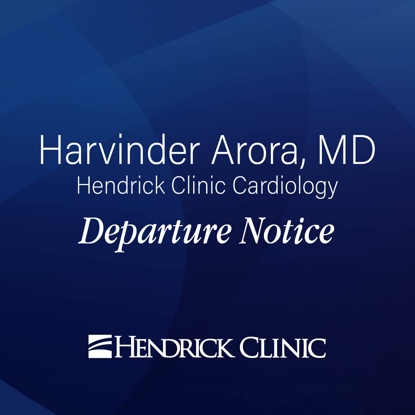Untreated GERD can contribute to developing esophageal cancer
- Category: News, Cancer Care, Gastroenterology
- Posted On:

Esophageal cancer is rare, but the disease claims more American lives annually than melanoma skin cancer or cervical cancer, according to the Esophageal Cancer Action Network (ECAN). That is why Hendrick Health is working to bring awareness to esophageal cancer during National Esophageal Cancer Awareness Month.
The two more common forms of esophageal cancer are adenocarcinoma, which usually results from long-lasting gastroesophageal reflux disease (GERD), and squamous cell carcinoma, which is often linked to smoking and drinking. The adenocarcinoma variety is increasing at a faster rate than any other cancer in the U.S., according to ECAN.
Treatment outcomes for esophageal cancer improve with early detection, but the symptoms often seem indicative of less severe conditions. Symptoms of the cancer can include having more than occasional heartburn, pain or difficulty swallowing, persistent or unexplained cough, speaking with a hoarse voice for several weeks and a family history of Barrett’s esophagus or esophageal cancer.
Because untreated GERD is a contributing factor to esophageal cancer, people who experience what they often dismiss as acid reflux should consult a medical professional for a proper diagnosis and treatment.
Physicians at Hendrick Health offer several advanced treatment options for GERD. To learn more, visit our GERD information webpage at https://www.hendrickhealth.org/services/gastroenterology/gerd/.
Free, individualized tobacco cessation counseling also is available at Hendrick Health. To learn more or to schedule an appointment, call 325-670-4488.


